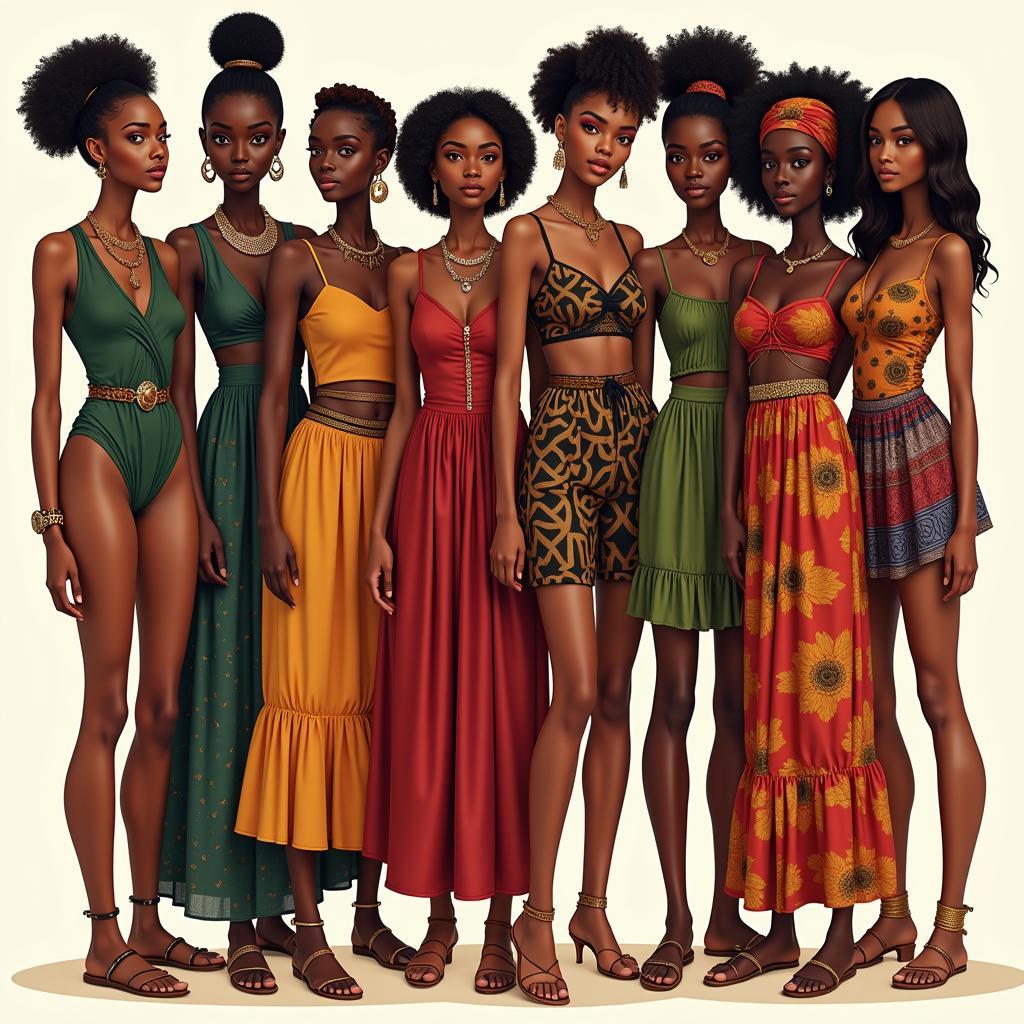The Enduring Influence of African American Music
African American music is more than just a genre; it’s a powerful force that has shaped the landscape of American music and continues to resonate globally. From its roots in the spirituals and work songs of enslaved Africans to the contemporary sounds of hip hop and R&B, African American music reflects a rich history, cultural resilience, and an unwavering spirit. This article delves into the profound and lasting influence of African American music on the world.
The African Roots of American Music
To understand the impact of African American music, one must first recognize its deep-rooted origins in the musical traditions of Africa. When Africans were forcibly brought to America, they carried with them a rich heritage of music and dance that served as a source of solace, communication, and cultural preservation. These musical traditions, characterized by call-and-response patterns, polyrhythms, and a strong emphasis on improvisation, laid the foundation for the development of distinct African American musical forms.
One of the earliest and most significant genres to emerge was the spiritual. Sung by enslaved Africans, spirituals offered a message of hope and resistance, disguised within biblical narratives. These powerful songs, often characterized by their emotional depth and harmonic complexity, later evolved into gospel music, another cornerstone of African American musical expression.
The Birth of New Genres: From Blues to Jazz
The turn of the 20th century saw the emergence of blues music in the Mississippi Delta. Born out of the hardships and struggles of African Americans in the post-slavery era, the blues gave voice to their pain, longing, and resilience. Characterized by its melancholic melodies, soulful vocals, and the use of blue notes, this genre became a cornerstone of American music, influencing countless artists and genres that followed.
Jazz, another revolutionary genre, emerged in the early 20th century, blending elements of blues, ragtime, and European musical traditions. With its emphasis on improvisation, syncopation, and complex harmonies, jazz quickly gained popularity, becoming a defining sound of the Harlem Renaissance and a symbol of African American creativity and cultural expression.
The Rise of Soul, Funk, and R&B
The mid-20th century witnessed the rise of soul music, a genre that blended gospel, blues, and rhythm and blues. Artists like Aretha Franklin, James Brown, and Ray Charles brought soul music to the forefront, using their powerful vocals and emotional delivery to convey messages of love, hope, and social change.
Simultaneously, funk music emerged, characterized by its infectious grooves, syncopated rhythms, and emphasis on danceability. Pioneered by artists like James Brown, Sly and the Family Stone, and Parliament-Funkadelic, funk music brought a new level of energy and rhythmic complexity to popular music.
R&B, short for rhythm and blues, evolved from earlier blues and jazz influences, embracing a smoother, more romantic sound. Artists like Marvin Gaye, Stevie Wonder, and Smokey Robinson became icons of the genre, creating timeless classics that continue to resonate with audiences today.
Hip Hop: A Global Phenomenon
Emerging in the 1970s in the Bronx borough of New York City, hip hop revolutionized music and popular culture. Initially an underground movement, hip hop gave a voice to marginalized communities, providing a platform for social commentary, storytelling, and artistic expression.
Characterized by its rhythmic spoken word (rap), DJing, breakdancing, and graffiti art, hip hop quickly spread across the United States and eventually the world. Artists like Grandmaster Flash and the Furious Five, Run-DMC, and Public Enemy pushed the boundaries of the genre, addressing social and political issues with their lyrics.
Today, hip hop is one of the most popular and influential music genres globally, continuously evolving and reflecting the realities and experiences of a diverse generation.
The Enduring Legacy of African American Music
The influence of African American music extends far beyond its individual genres. Its impact can be felt in countless aspects of American and global culture, from fashion and dance to language and social movements. The rhythms, melodies, and stories embedded within African American music have inspired generations of artists, transcending cultural and geographical boundaries.
 Global Impact of African American Music
Global Impact of African American Music
From the spirituals that gave hope to enslaved Africans to the hip hop anthems that ignite dance floors today, African American music continues to be a powerful force for change, creativity, and cultural expression. Its enduring legacy is a testament to the resilience, creativity, and enduring spirit of African American people.


